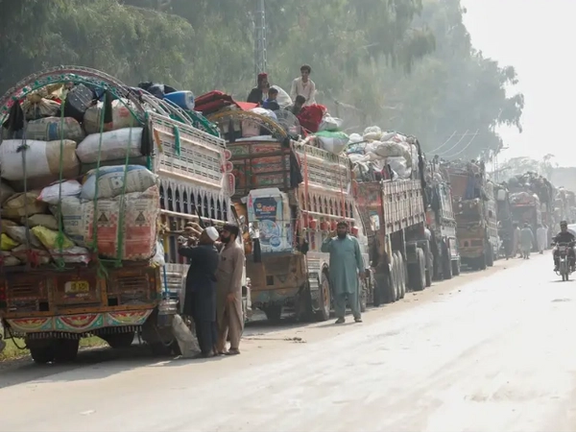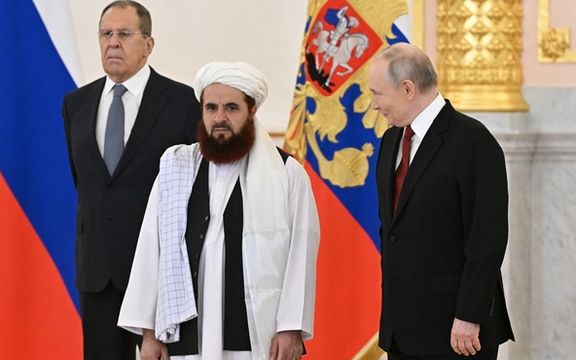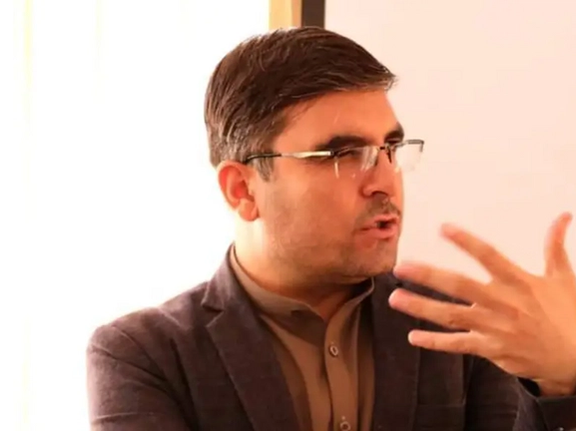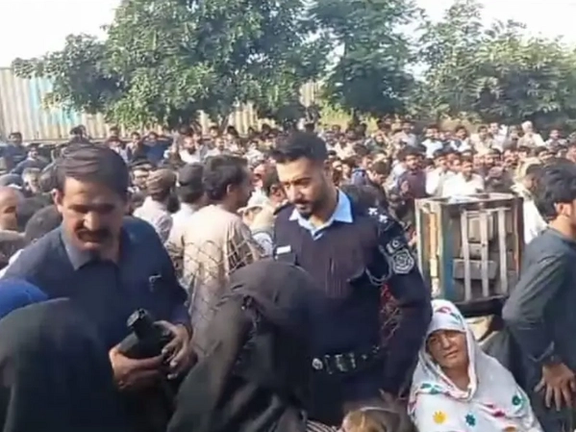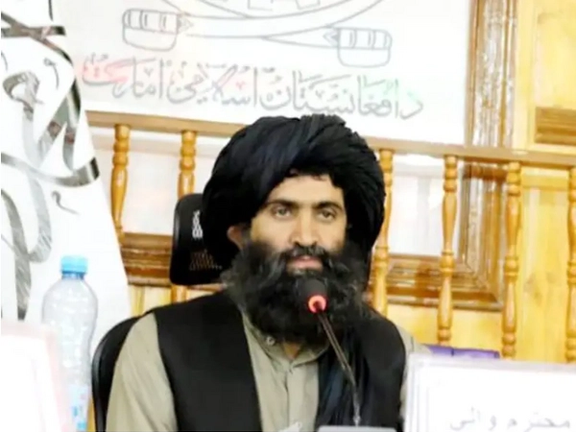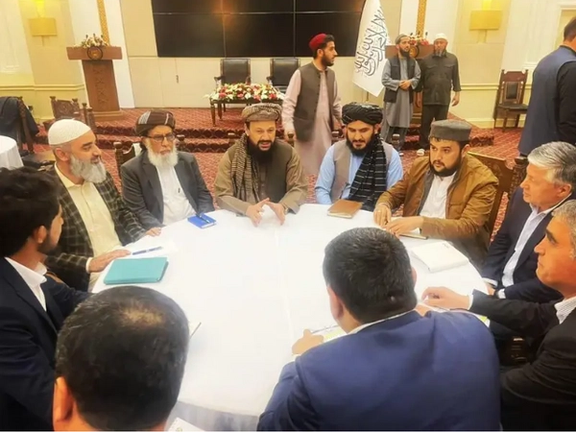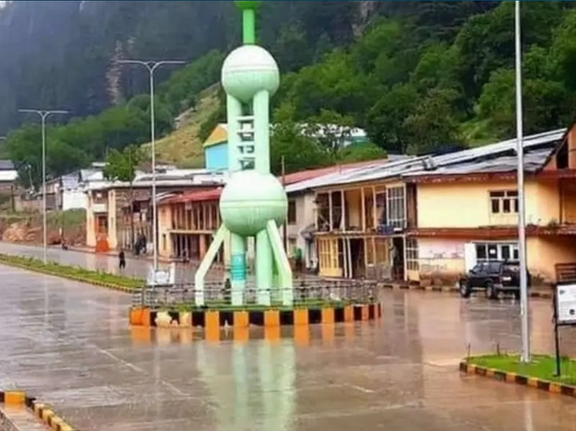This demonstration was held on the eve of the Pakistani government's deadline for the deportation of illegal Afghan immigrants from the country.
The protesters, who are defence lawyers, journalists, human rights activists, and others at risk from the Taliban, said that the UN refugee agency has not processed their cases in the past two years.
They said that the Pakistani embassy in Kabul does not extend the visas of Afghan refugees and that the refugee agency is not ready to provide the refugees with an official card to protect them from the harassment of the Pakistani police.
Zarghuna, one of the protesters, said that her case was registered two years ago at the United Nations office in Islamabad, but she has not seen any progress so far.
The protesters said that due to the UN refugee agency’s neglect, they face the threat of deportation from Pakistan.
According to the protesters, if they are deported from Pakistan, their lives will be in danger due to the anti-human rights practices and behaviour of the Taliban.
A group of Afghan women's lawyers, who were among the protesters, criticised the indifference of the UN Refugee Agency to the migrants' protests too.
At the same time, some refugees claimed that the employees of the NGO partner of the United Nations Refugee Agency had mistreated them.
At least two Afghan refugees told Afghanistan International that the employees of the NGO in Islamabad "beat them up with sticks".
Almost a month ago, the interim government of Pakistan announced that more than 1.7 million migrants "without official residence documents" in the country should leave Pakistan by November 1, 2023. Pakistan has warned that if the migrants do not leave the country, they will be imprisoned and deported.
Meanwhile, the spokesperson of the United Nations High Commissioner for Refugees in Pakistan, in an interview with Afghanistan International, asked registered asylum seekers to refer to the organisation’s lawyers if they face police harassment.
Qaisar Afridi said that the lawyers of the UN organisation are available to asylum seekers all over Pakistan.
Afridi confirmed that there had been reports in recent months that Pakistani police had even harassed asylum seekers who had official documents from the UN Refugee Agency and were registered with the agency in Pakistan.
